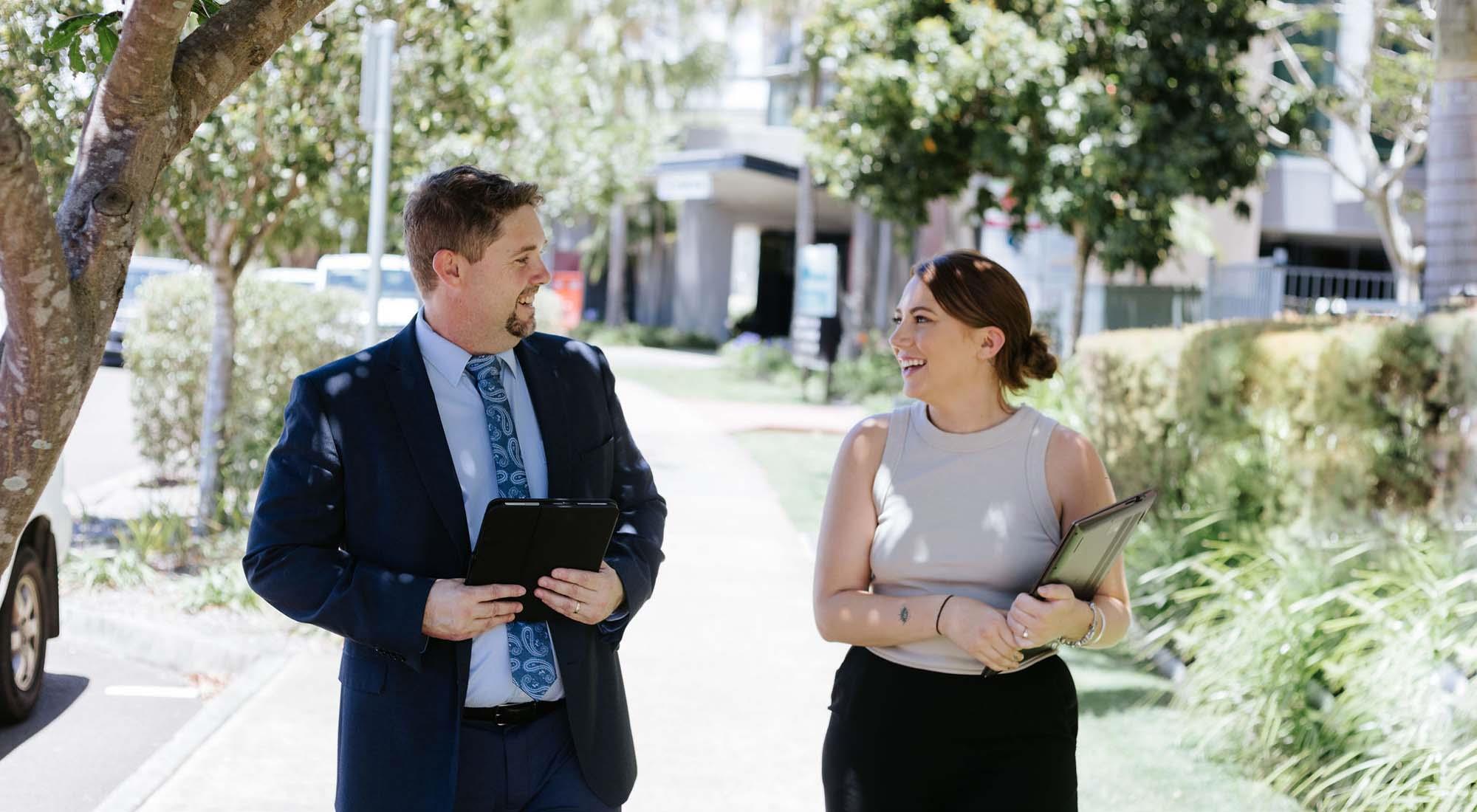DO I NEED PROTECTION FROM DOMESTIC VIOLENT BEHAVIOUR?

Posted on 20 March 2023
Geoff Munce
Do I need Protection from Domestic Violent Behaviour?
The impact of domestic violence
Domestic violence can have a serious long-lasting effect on victims and their families.
Some of the potential impacts can include:
- Physical Injuries: broken bones, cuts or even death.
- Psychological trauma: post-traumatic stress disorder, anxiety, or depression.
- Social Isolation: can make victims feel ashamed and isolated from family and friends.
- Economic Instability: being financially dependent on an abuser can cause financial hardship.
- Health Problems: chronic pain gastrointestinal problems, headaches etc.
- Children: witnessing the abuse, thinking it’s normal behaviour.
What is considered domestic violence?
In Queensland, domestic violence is defined as any behaviour by a person towards another person whom they had or have a relevant relationship with that causes that person to fear for their safety or wellbeing. The violence can include physical, emotional, sexual, and financial abuse.
Obtaining protection
To obtain protection from domestic violence, the first step is to apply to the Magistrates Court for a Protection Order. This can be done privately (by you or on your behalf) or by the Police.
A victim of domestic violence is called the ‘Aggrieved’, and the perpetrator is the ‘Respondent’. If the Police take out the application, they are called the ‘Applicant’.
Children and other family members can be named on orders made. They are called ‘named persons’.
What the Court considers when deciding
There are three factors the court needs to consider when deciding whether a protection order should be made. They are:
- Is there a relevant relationship between the Aggrieved and the Respondent?
- Was there an act/acts of domestic violence?
- Is it necessary or desirable to protect the aggrieved from domestic violence in the future?
Appearance at Court
On the first appearance, if the Police have not served the Respondent, the court will usually adjourn the matter for a short period. If this is the case, then a Temporary Protection Order can be made.
If the Respondent is present, then the court will ask what the Respondent intends to do in response to the application.
The options available to a Respondent are:
- Ask for an adjournment to obtain legal advice (if not already received).
- Consent without admission (a final protection order will be made).
- Contest the application (the court will then set a date for a final hearing to determine whether a protection order should be made). This will include the Court making directions about what each must provide to be ready for the final hearing.
How long is a final protection order valid?
The court will make a final protection order for five (5) years. This can be reduced depending on the circumstances and nature of the violence.
The object is to protect the vulnerable and give the perpetrator a chance to rehabilitate.
If circumstances change, either the Aggrieved or Respondent may apply for a variation to the protection order. The court will then consider the variation sought. If the Police are the applicant to the original application, then they will have a say as well.
What protections can the Court make?
The Court can make a range of conditions to protect an aggrieved. The conditions made will depend on the level of violence.
The standard condition on an order is the Respondent is to be of good behaviour and not commit any further domestic violence.
Other conditions can include:
1. The respondent is prohibited from:
- Approach an aggrieved,
- Not attend the residence or workplace of the aggrieved,
- Contact the aggrieved.
2. Family Law exceptions can be added where there are children or unresolved family law matters.
Domestic violence has continued despite an order being made.
If you have a temporary or final protection order and the Respondent is still committing domestic violence contact the Police. The Police will investigate and if charged with a breach of the order the Respondent will be required to appear before the Court.
The penalties that can be imposed are:
- Fines,
- Good Behaviour Bonds,
- Imprisonment.
The Court can also add additional conditions to the order to protect you. The term of the order can also be increased.
HOW CAN OMNIA LEGAL ASSIST YOU?
If you believe you are experiencing domestic violence it is important to seek legal advice to understand your rights and options.
If you would like to schedule an obligation-free complimentary phone consultation to talk through your option, call (07) 5415 0248 or email info@omnialegal.com.au.
This article provides general information on legal topics for educational purposes only, and should not be considered legal advice or recommendations. While we have taken care to ensure accuracy, Omnia Legal is not responsible for any errors, and makes no guarantees about the accuracy or completeness of the information. Links to third-party websites do not constitute an endorsement, and we are not liable for any damages that may result from using inaccurate or incomplete information. It's always best to seek legal advice for specific situations.
